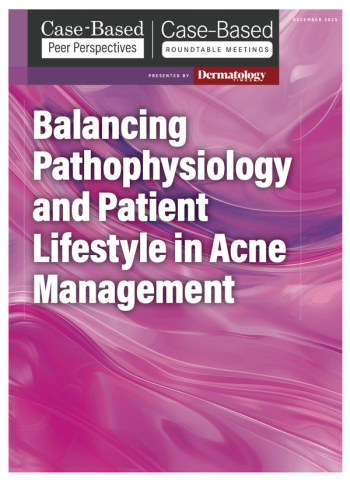
Burnout, Frustration Levels Continue to Grow Among Physicians
Doctors cite more support staff, reduced patient panels among solutions.
The number of physicians experiencing
InCrowd, a data provider to the life sciences industry, asked 500 physicians in various specialties about their levels of
The survey also revealed that:
- 70% of respondents are frustrated by the pressure on health care professionals, up from 47% in 2021
- 30% say they find their profession rewarding, compared with 45% in 2021
- 25% say they feel appreciated for their work, down from 39% in 2021
- 32% say their mental health suffered over the previous 18 months
- 16% would encourage their child or family members to pursue their career, versus 30% in 2021
In addition, only 6% of doctors said they are optimistic about the state of public health in tey US, down from 17% the previous year.
“It’s alarming to learn how few physicians feel empowered and optimistic about clinical care, Daniel S. Fitzgerald, CEO and president of Apollo Intelligence, InCrowd’s corporate parent, said in a news release. “The data show that doctors are faring much worse than a year ago, both personally and professionally. We hope that by sharing the voice of clinicians, healthcare leaders…consider remedies for burnout and support our healthcare professionals.”
Only 10% of respondents think the medical facility where they work effectively addresses burnout, while 16% say their medical specialty helps.
Among the ways respondents said their employers could address burnout are:
- Increasing
support staff (supported by 67% of respondents), - Reducing
patient volume (55%), - Instituting half days or mandatory vacation time (54%),
- Increasing physician staffing levels (51%),
- Providing counseling/psychological support (16%), and
- Additional EHR/EMR support and training
“[My] organization claims to prioritize wellbeing; however, it does not take actions to streamline administrative demands on time, does not arrange for appropriate staffing to prevent working overtime to cover clinical duties, and has been ineffective in staff retention which leads to further dissatisfaction,” one respondent was quoted as saying.
Respondents said they cope with work-related stress by exercising, spending time with family and friends, and meditating.
Newsletter
Like what you’re reading? Subscribe to Dermatology Times for weekly updates on therapies, innovations, and real-world practice tips.

















